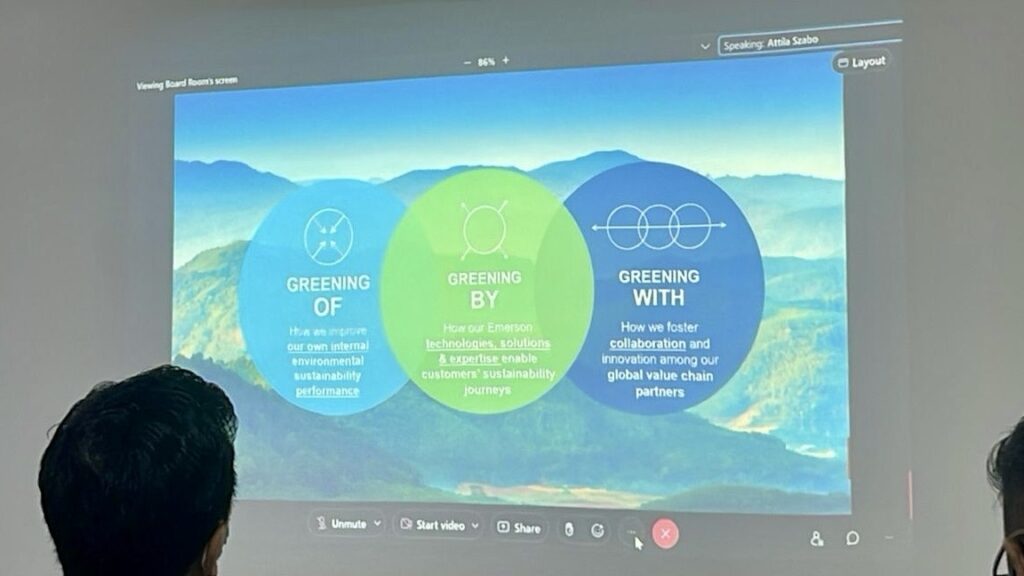
Yesterday, we had a townhall gathering for the quarterly business update and one of the key notes from our leadership was on conservation of resources towards preservation and improving the environment by leveraging sustainable eco-friendly practices.
We can start doing our part as simple but significant as conserving water in your daily pantry usage. This move can reduce your environmental impact as well as lowering utility costs. Here are some tips to help you save water in the pantry:
1. Fix Leaks:
Regularly check for and repair any leaks in the pantry area, such as from faucets, pipes, or appliances. Even a slow drip can waste a significant amount of water over time.
2. Use a Water-Efficient Dishwasher:
If you have a dishwasher in your pantry, opt for a water-efficient model. Run the dishwasher only with full loads to maximize water savings.
3. Hand Wash Wisely:
When hand washing dishes, use a basin or a plugged sink to wash and rinse dishes, rather than letting the water run continuously. This can significantly reduce water usage.
4. Scrape, Don’t Pre-Rinse:
Scrape food residue off dishes before putting them in the dishwasher. Pre-rinsing can waste a lot of water.
5. Install Low-Flow Faucets:
Consider installing low-flow aerators on your pantry faucet to reduce water flow without sacrificing water pressure.
6. Collect and Reuse Water:
Use a container to catch water when rinsing fruits and vegetables. You can then reuse this water for plants or other purposes.
7. Plan Your Meals:
Plan your meals to minimize food waste. Wasting food also means wasting the water that went into producing it.
8. Choose Efficient Appliances:
When it’s time to replace appliances like refrigerators or ice makers, choose water-efficient models.
9. Educate Household Members:
Ensure everyone in your household is aware of the importance of water conservation and encourages responsible water use in the pantry.
10. Opt for Air-Dry:
Instead of using a continuous stream of water to rinse dishes, use an air-dry or towel-dry method to reduce water usage.
11. Collect Rainwater:
If your pantry has outdoor plants or a garden, consider setting up rain barrels to collect rainwater for irrigation.
12. Dispose of Cooking Oil Responsibly:
Avoid pouring cooking oil down the drain, as it can clog pipes. Dispose of it properly in a sealed container.
By implementing these practices, you can significantly reduce water waste in your pantry and contribute to water conservation efforts.
Cheers 🥂MFR